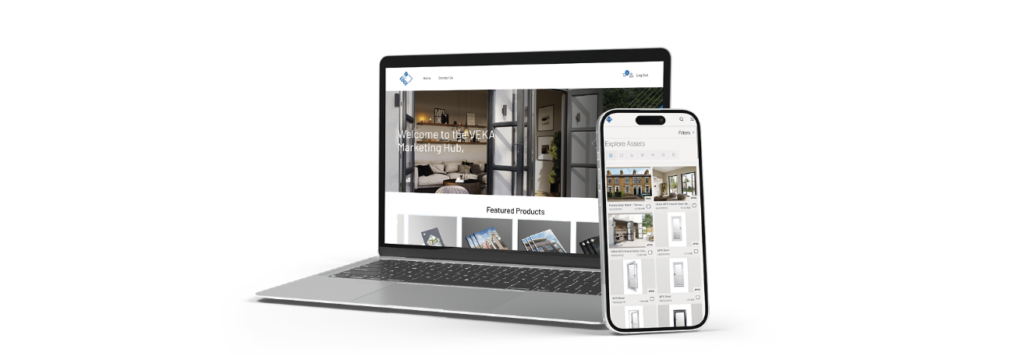When it comes to windows and doors, the aluminium industry is continuing to see exponential growth and we are swiftly recapturing the ground lost to the PVCU market, according to Paul Duffy, sales director at Reynaers.
In the 1970s, aluminium ruled the market and PVCU did not exist. Everything was silver anodised aluminium, with the market slowly moving towards white-only electrophoretic paint.
When PVCU came along it took over the windows and doors market within 10 years. Now nearly 40 years later, aluminium is once again a really desirable product. Commercially, aluminium has dominated buildings and architecture but the retail and domestic sectors have been slower to catch on. You just can’t get the strength or the durability from alternative materials, and recent innovations have brought aluminium back to the forefront across all sectors.
The appeal of aluminium for fabricators and installers is that it is strong, lightweight and 100% recyclable with no loss of quality. Our window and door systems comprise aluminium profiles sandwiched around complex polyamide thermal breaks – a strip of rigid insulation material.
Traditionally, aluminium was always considered a material that was easily influenced by external factors, such as adverse weather conditions. As a conductor of heat, it was sometimes seen as providing poor insulation in the winter months and protection from the sun in the summer. But the non-conductive polyamide thermal breaks in our systems have a hugely positive impact on U-values and help to improve energy efficiency in both domestic and commercial builds.
Many of our products also carry the Secured by Design accreditation, a police initiative to guide and encourage those within the specification, design and build of new homes to adopt crime prevention measures in new developments.
As well as being secure, aluminium systems are a low maintenance alternative to PVCU. As aluminium expands just 1mm/m, it is especially suitable for larger windows and doors. The inherent strength of aluminium means that the frames can be relatively narrow. This maximises the glass area, and can also be used to mimic the appearance of traditional steel windows. We are seeing a lot of interest in our aluminium systems that can be used for refurbs and renovations on older buildings as a result.
In contrast to aluminium, PVCU expands and contracts by as much as 3mm/m with changes in the ambient temperature. This means that while PVCU can be a good low-cost material for smaller windows and doors, it is less suitable for larger openings. What’s more, PVCU frames are often designed to incorporate multiple chambers and reinforcement for strength and thermal performance. This can make the windows or doors perform very well, but has the disadvantage that the frames can be quite wide. For larger openings, this is not a problem, but for smaller windows and doors, or windows with fanlights or multiple inserts, you can end up with a lot of plastic and a relatively small area of glass.
New technology is moving the aluminium industry forward with myriad finish options along with bespoke designs that allow fabricators, installers and housing providers to offer the products and designs for today’s market with performance that is proofed for the future.
Reynaers is in a strong position with specialist products, combined with a range of systems that are perfect for the trade market; we are so sure of the superior quality in aluminium that we provide a 10-year system guarantee on all of our aluminium profiles, lacquer and anodised layers, as well as the insulation.



